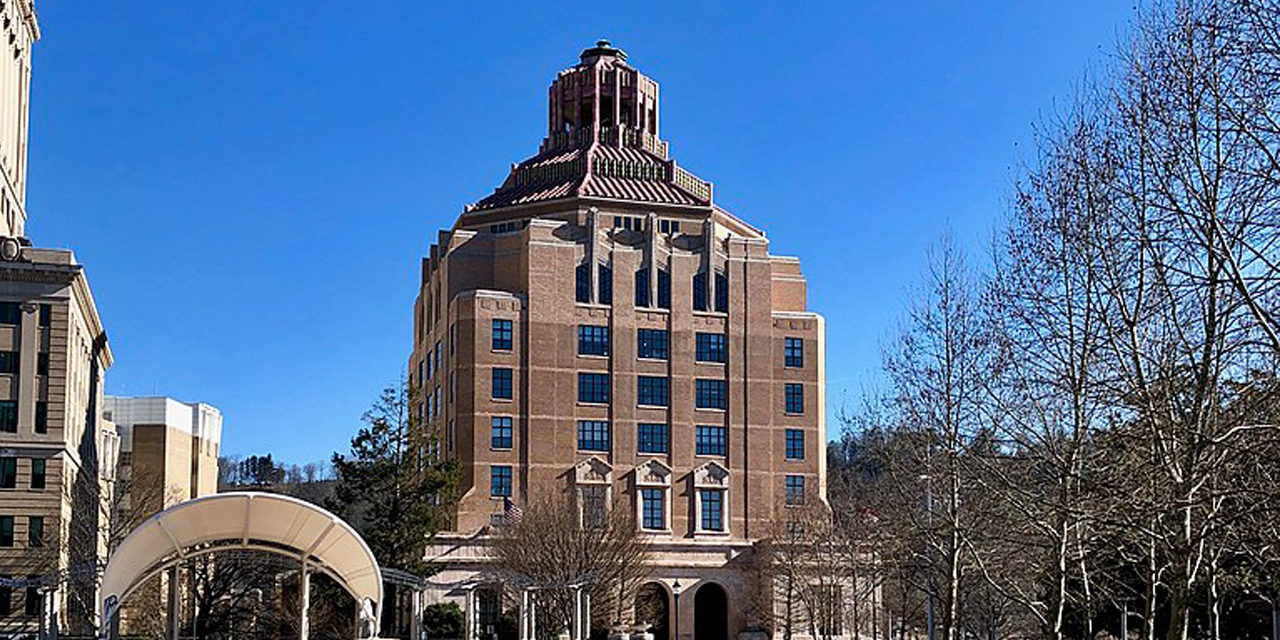Asheville, North Carolina, a city of 92,000 located in the Blue Ridge Mountains in the western half of the state, is home to the University of North Carolina/Asheville. Known for its microbreweries, outdoor activities and its location along the Blue Ridge Parkway, Asheville is a magnet for tourists.
The city was founded in 1784, and by the time the Civil War rolled around some of its then-2500 residents served in the Confederate Army, while a smaller number joined the Union ranks. There was even a brief “Battle of Asheville” fought there in April 1865, before Union troops withdrew.
The city’s ties to the Confederacy and the system of slavery it supported has bubbled up in the wake of the death of George Floyd and the Black Lives Matter protests that followed.
On July 14 the city council of Asheville voted unanimously to approve a resolution apologizing for the city’s historic role regarding slavery and systemic racism, and authorized reparations for its African American residents.
No actual monetary payments will be made to anyone. Rather, the resolution authorizes the creation of a commission “empowered to make short, medium and long term recommendations that will make significant progress toward repairing the damage caused by systemic public and private racism.”
The programs and budgetary ideas the commission comes up with will be geared toward “increasing minority home ownership and access to other affordable housing, increasing minority business ownership and career opportunities, strategies to grow equity and generational wealth, closing the gaps in health care, education, employment and pay, neighborhood safety and fairness within criminal justice.”
Councilman Keith Young, an African American, spoke passionately in support of the resolution as he introduced it.
“The blood capital that we have banked, to spend today, to fight for significant change, came predominately not from our [white] allies, but from black men, women and children who died to get to this very moment. Generations, so to speak. Hundreds of years of black blood spilled that basically fills the cup that we drink from today,” Young said.
“Anything we do has to outlive the emotions of this present moment. Because the future success of my own children, and our current and future society, depends on the sustained success of the systemic changes that we seek.”
Councilwoman Sheneika Smith, also an African American, addressed comments the council had received asking why the city should be responsible for the effects of slavery.
“Reparations is more than restitution for what happened during the trans-Atlantic slave trade. It is a dark evil – sin – of chattel slavery that is the root of all injustice and inequity at work in American life today.”
The public offered comments before and after the online vote, which lasted several hours. Most spoke in favor of the resolution.
Reparations has long been a controversial topic, which is why Asheville’s resolution has attracted national media interest. Following the death of George Floyd and the street protests that followed, an increasing number of politicians are even making reparations for slavery a 2020 campaign issue.
Photo from Warren LeMay
Visit our Election 2020 page






